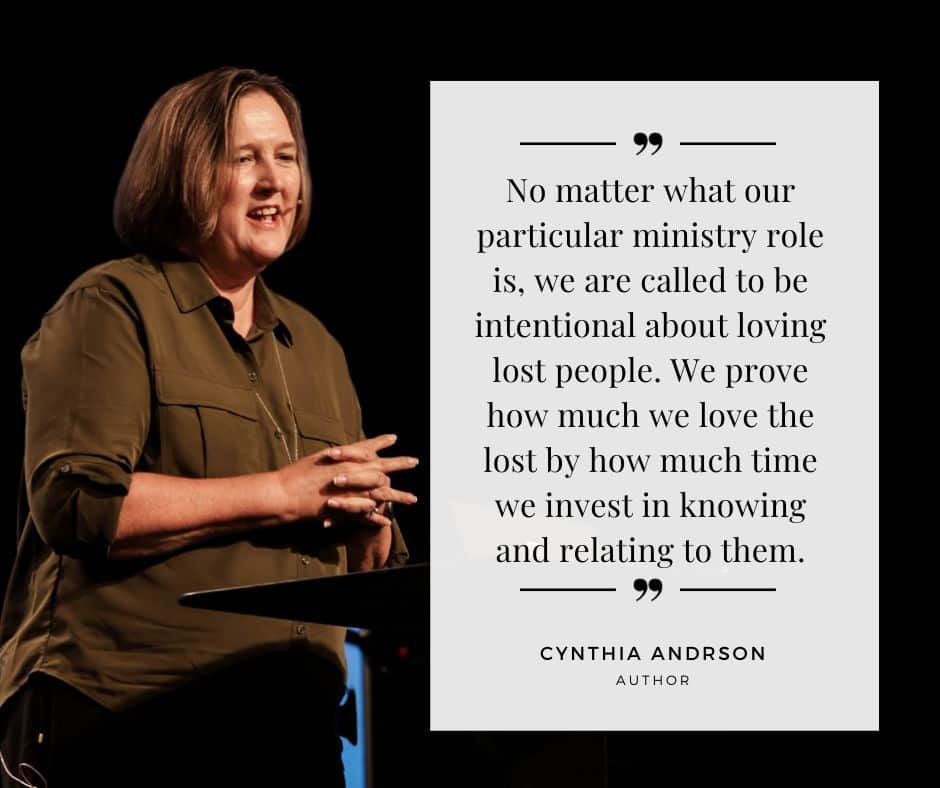When Jesus called His disciples, He called them to serve together as a group, not as individuals. He gathered a team of twelve men and sent them out two by two. Though most of them were fishermen, each of them was unique in personality, character, and giftings. They had to learn how to get along and work together as a team of disciples. It is not easy to maintain a healthy team, especially if your team is made up of people from varied cultures.
What Is a Team?
A team is a group of people who share a specific common purpose, skills, and method for accomplishing a task. They share mutual accountability to accomplish the goals they set together. A team is committed to each other’s success and to each other’s personal and spiritual growth. A team that works well together does not just happen. It requires hard work!
Why Work in Teams?
Working in teams has both challenges and rewards on the mission field. Jones defined a team as a group of people who share common objectives and who need to work together to achieve them. (Jones and Jones 1995:17). We need each other and we are dependent on one another to help us in the areas that we are weak to get the job done.
What is Cross-Cultural Team Work?
It is a sad fact that many cross-cultural workers leave field assignments because they cannot get along with their colleagues. It is crucial that teams learn to work well together. They must use their giftings and talents, as well as their personalities and cultural differences, to enhance the Kingdom of God.
Ken Williams, from Wycliffe Bible Translators, developed a 4 1/2-day workshop. It is called Sharpening Your Interpersonal Skills. The workshop is for cross-cultural workers. It provides training on how to have healthy relationships.
This teaching tool is also used by many mission organizations to equip their workers to work as a team. William’s workshop shows a way for interpersonal issues to be addressed by cross-cultural workers.
No Dominant Culture
“The more cultures represented in a team, the more complex the team dynamics become.” (Roembke 1998:93). Roembke emphasized that in a cross-cultural team it is important for the group to establish a team culture. The majority culture in the group should not dominate the culture of the team.
For a multicultural team to work well together, team members need to respect one another’s culture. Mutual respect sets the stage for a reciprocal relationship between equals. This is the foundation for trust.
Communication between team members is a high value. There is no one way or method of communicating that is the right way. The important thing is learning to listen to each other.
Don’t assume that the majority culture will rule the team culturally. Nor should the team leader’s culture. When we impose cultural (not Biblical) values upon the team, or a team member, it creates cultural imperialism. Some on the team are blind to their attempts to elevate their own value as the norm. This superiority needs exposure.
Multicultural teams can be an exciting place for spiritual and personal growth. If the team leader is able to help members mutually respect each other’s culture, it communicates acceptance to each one.
Building Healthy, Resilient Teams
Kelly O’Donnell identifies eight characteristics of resilient teams.
1) For a team to be resilient they need to have a commitment to one another and to the team’s purpose.
2) They need to learn to appreciate one another.
This means acknowledging each other’s important contributions.
3) The team must persevere.
Together they believe in each other, in spite of their weaknesses. They recall the many examples of God’s faithfulness in the past.
4) The resilient team needs to work through communication impasses.
5) Quality time together, especially during the early stages of team life and during crisis situations, is important.
6) Build and maintain good communication skills.
Team members must learn to listen and empathize well. Share thoughts and feelings with each other in culturally sensitive ways is important.
7) Having a good understanding of one another is a key to building a resilient team.
Healthy teams experience tensions and hurt. How do you overcome the impasse?
Look at your “styles” and preferences: personality, leadership, decision-making, learning, work, communication, and spirituality. Genuinely try to understand and accept one another.
8) A resilient team requires regiment (routines).
It is important to have clear roles for leaders and members. Well-defined decision making methods, clear accountability and conflict resolution guidelines are helpful. Often, a written agreement or “memo of understanding” (O’Donnell 2002:393-395).
Which of these eight characteristics is missing in your team?
Share in the comments below or on the Missionary Life Facebook group.
The above article was adapted from a longer paper by Ah Kie Lim, PhD. called “Cross-Cultural Team.” It has been adapted with the author’s permission.











